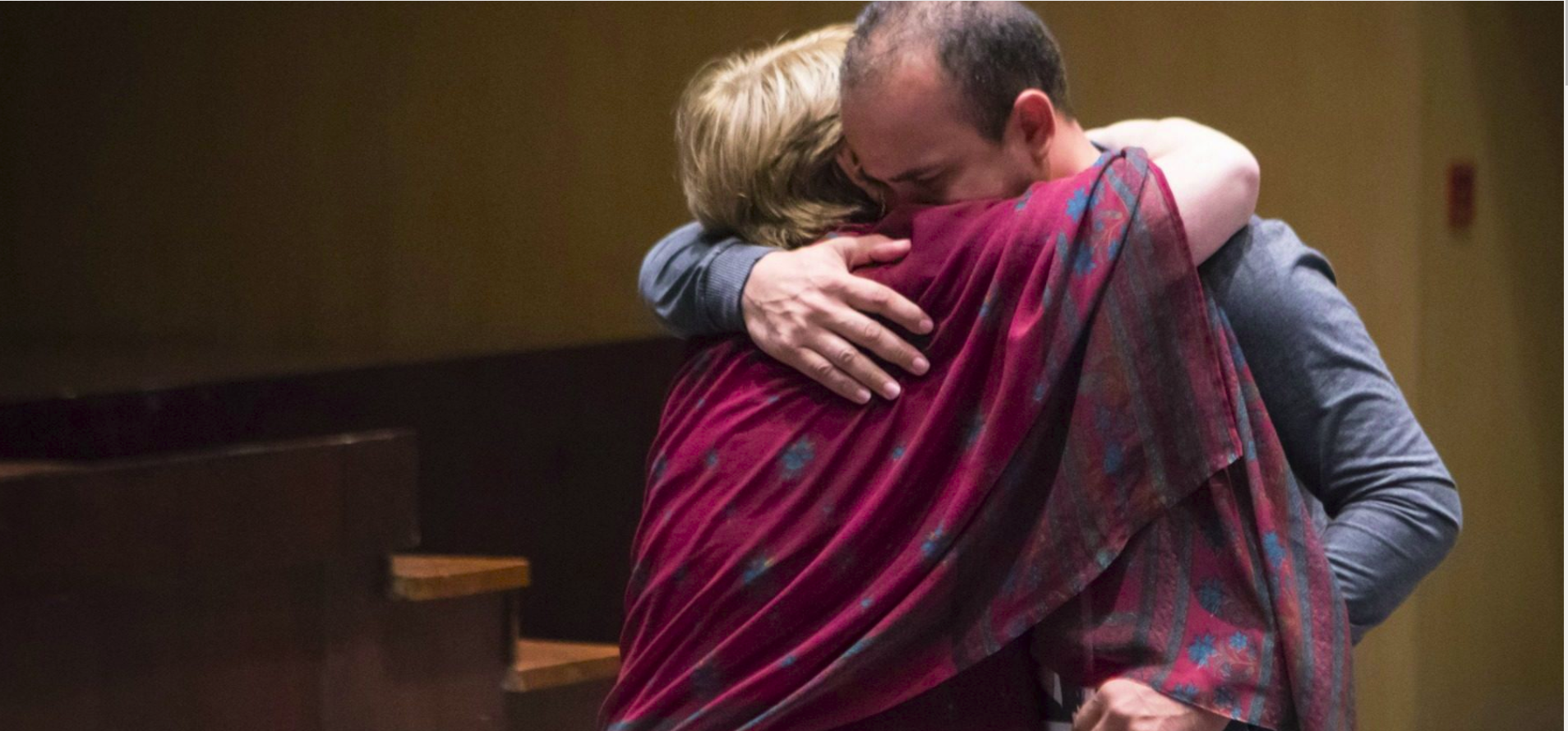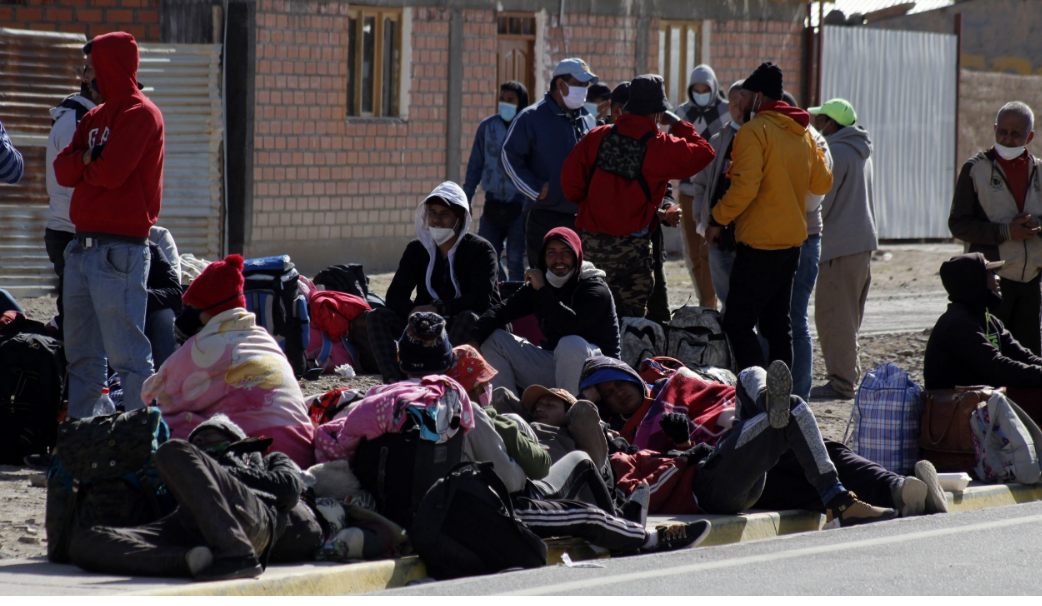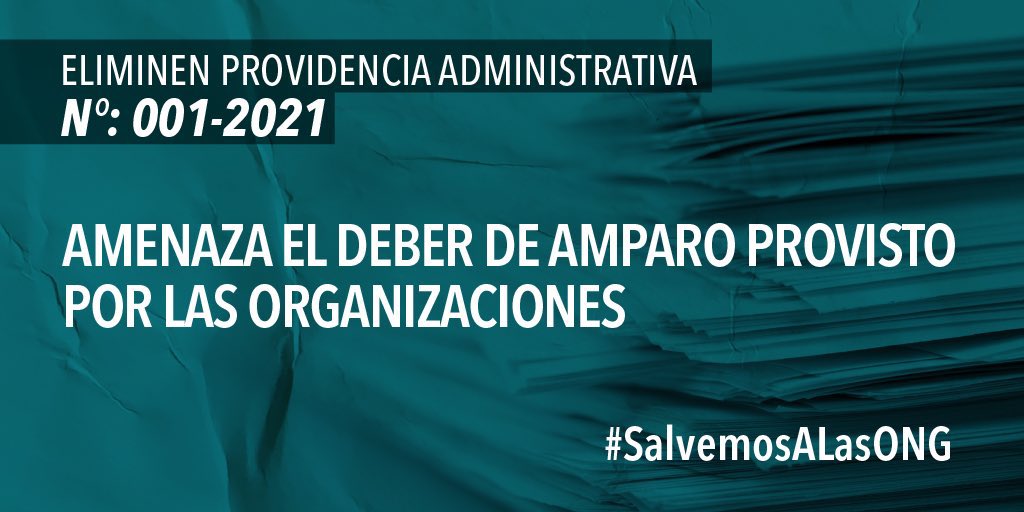The return is a human right enshrined in the Constitution and in international instruments that bind the authorities of the Venezuelan government to guarantee it. Consequently, no Venezuelan can be prevented from entering his or her country, or prosecuted for doing so.
Based on this premise, the Human Rights Center at the Andrés Bello Catholic University in alliance with Radio Fe y Alegría Noticias (Radio Fe y Alegría News) releases a report that exposes the situation that people who return to Venezuela are facing in the midst of the emergency generated by the COVID-19 pandemic and the violation of their rights, as well as the stigmatization and criminalization processes to which they have been subjected, due to a punitive response carried out by Venezuelan officials against those who exercise the right to return to their own country.
In its content, the report provides information on return as a human right and the reasons why some Venezuelans are returning to the country, as well as their expectations upon returning.
Illusions that crash against a harsh reality full of obstacles to re-entering their homeland, stigmatization, criminalization, and deep rejection.
The report shows how the PASIs (Points of Comprehensive Social Assistance) are a prelude of the same Venezuela that is going receive the returnees since there is no water, food is scarce or in poor condition, there is no medical assistance, they are governed by censorship and threats, and ruled by corruption.
In addition, the report recalls that, according to the MPPRE (Ministry of People’s Power of Foreign Affairs), as of April 30, of 21,243 returnees, only 13 tested positive (0.06%), which shows that the contagion is community-based and it is not justified to blame those who return, stigmatizing them as “Biological weapons”, disqualifying them as “trocheros” (derogative term) and pretending to criminalize them as “bioterrorists”.
Finally, it provides information regarding the initiation of an ebb phenomenon that consists of a new departure from Venezuela and concludes with a set of reflections related to the rights of returnees and the perspectives of the Venezuelan human mobility in the post-COVID-19 context.
All the information presented is based on official data and reports, experiences of aid workers and testimonies of returnees, collected between April and July 2020 on the return routes from Colombia and Brazil.
It is worth noting that, in April 2020, the United Nations High Commissioner for Human Rights, Michele Bachelet, reaffirmed that “under international law, everyone has the right to return to their country of origin, even during a pandemic”. And she added that when people decide to return to their country “governments have the obligation to receive them and to ensure that they have access to health care and other rights.”
This obligation remains in force even if an emergency has been declared and the guarantees of some rights are suspended, due to the fact that it is a non-voluntary return, but instead, it is forced by circumstances that go beyond the control of those who return, which is the reason why humanitarian considerations must prevail.
But these precepts, both constitutional and of International Humanitarian Law, are not being translated into the current reality for these Venezuelans.
On the contrary, their wishes and their right to be well received in their homeland upon their return remain a mere mirage.
“The mirage of return” seeks to draw the attention of government authorities, social organizations, churches, and the entire Venezuelan civil society so that together we do not neglect the path of reception, tolerance, respect, and dignity of these brothers/sisters of ours.
Click on the following link to read the complete report:
http://w2.ucab.edu.ve/tl_files/CDH/Lineastematicas/El%20espejismo%20del%20retorno%20FIN.pdf
Translated by: Pascual Díaz




